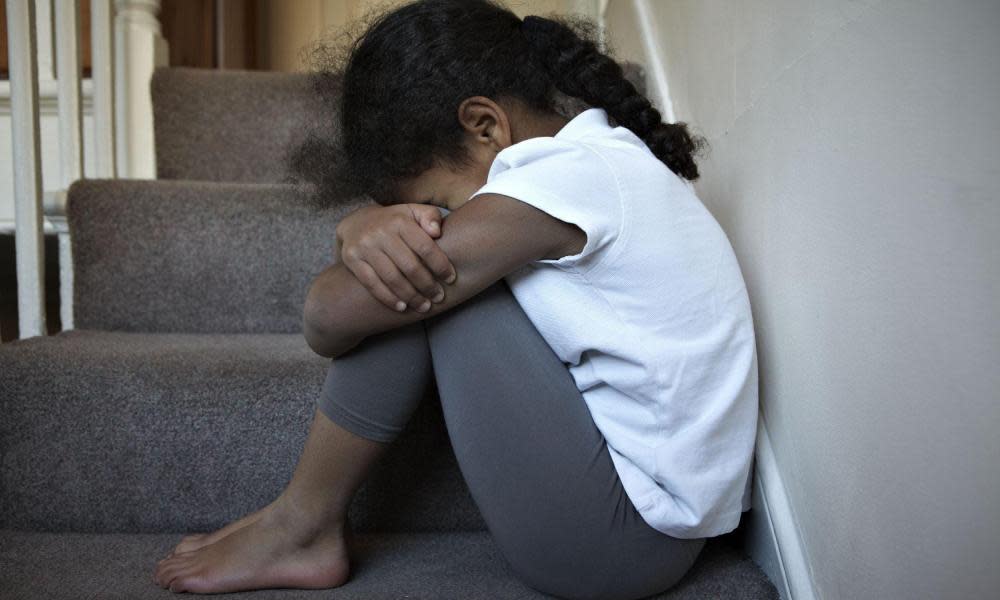Huge rise in UK child neglect prompts call for urgent action

Reports of child neglect in the UK have risen by more than 60% in the last five years with nearly nine in 10 calls proving serious enough to be referred to social services or the police.
Nearly 19,500 calls reporting child neglect were dealt with by the National Society for the Prevention of Cruelty to Children in the last 12 months. The charity said a growing number of callers were concerned about children, some under the age of five, being left at home unsupervised by parents struggling with alcohol and drug use.
However, it warned the true scale of the problem could be “much greater” and urged the government to commission a national study to measure the extent of the problem.
The NSPCC chief executive, Peter Wanless, said: “Neglect can have severe and long-lasting consequences for children, and can also be an indicator of other forms of abuse … It is vital we understand the true nature and scale of child neglect in the UK so we can collectively tackle the fundamental causes. Therefore, a government-commissioned, nationwide prevalence study on child abuse and neglect needs to be conducted, and sooner rather than later.”
According to the NSPCC, child neglect was mentioned in more than a quarter of calls to its helpline last year. The charity received 19,448 reports of child neglect in 2016-17, compared with 12,110 in 2011-12 – a 61% increase.
The Department for Education, which has been running a campaign to encourage more people to report instances of child abuse and neglect, said the government was investing £8m in the Childline service and giving £20m to the National Crime Agency to tackle online child sexual exploitation.
A spokeswoman said: “We are helping to make sure people feel confident about reporting abuse and neglect through our national awareness campaign and are improving the way the police, social services and other agencies work together to keep children safe.”
However, a report released a fortnight ago by Action for Children suggested tens of thousands of children were being failed by local authorities in England.
Kate Mulley, the charity’s director of policy and campaigns, said investment was needed in early stage intervention as vulnerable children were only receiving state help at “crisis points … We know that raising awareness of the issue means that there are more referrals but it’s what happens next, it’s what happens to the children.”
Mulley added: “When we’ve spoken to professionals, particularly those working in child protection services, they were well aware of the issues but the problem is the lack of resources to do something about it.”
Her charity’s research found that 140,000 children were “falling through the cracks in the system” and that, although these children were highlighted as needing help, they did not meet the criteria for receiving statutory support.
Mulley added: “The government simply cannot continue asking local authorities to provide children’s services with one hand tied behind their back. Savings targets have left them with little option but to close family support services that are proven to spot and address the signs of neglect before it’s too late.
“We urgently have to reinvest in community-based family support services to prevent this crisis spiralling.”

 Yahoo News
Yahoo News 
